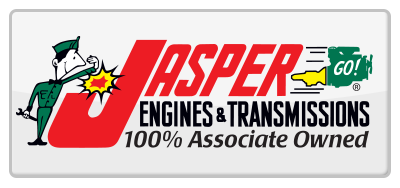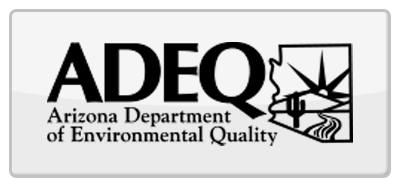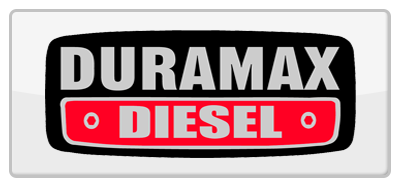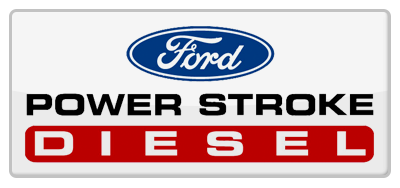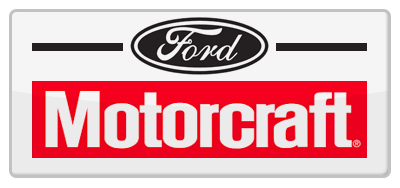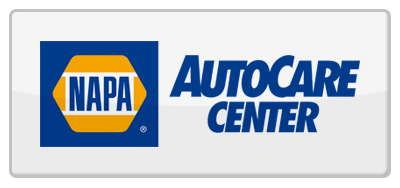There are no articles in this category. If subcategories display on this page, they may contain articles.

RESOURCES:
Price ComparisonJoin our Team
Our Customers
Additional Resources
Serving Areas:
Gilbert | Mesa | Apache Junction
TRANSLATE LANGUAGE
ADD ARTICLE LOGIN WEBSITE CHANGES
© Program, Specialty Pages, Content for Auto News Blog, Page Layout, and CMR EasyNews Programming by CMR, Inc a JSP Website or Top Auto Website
